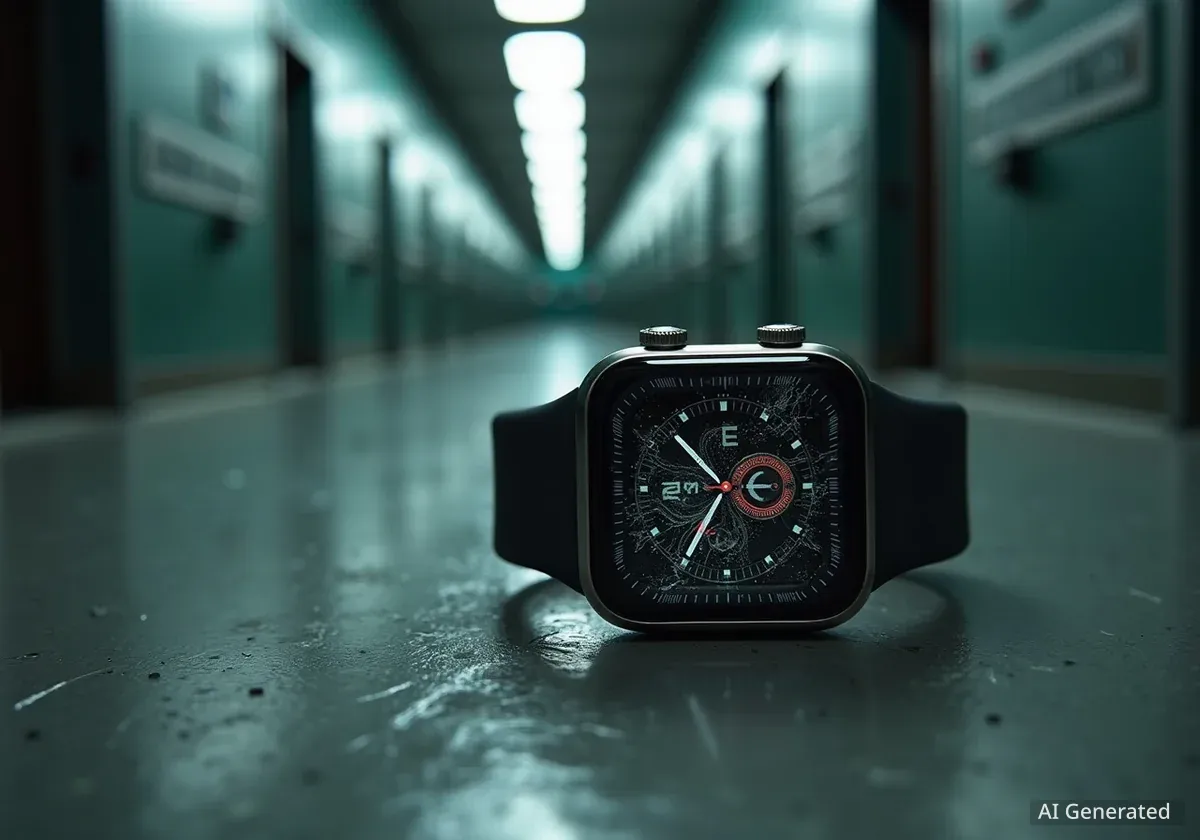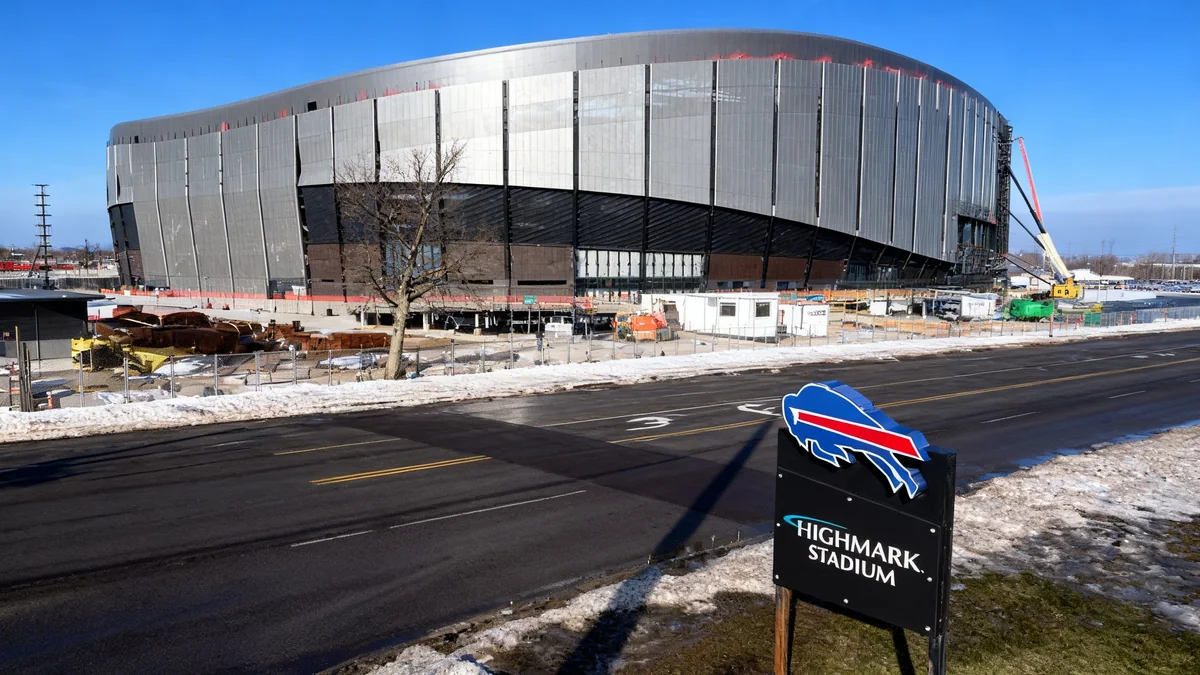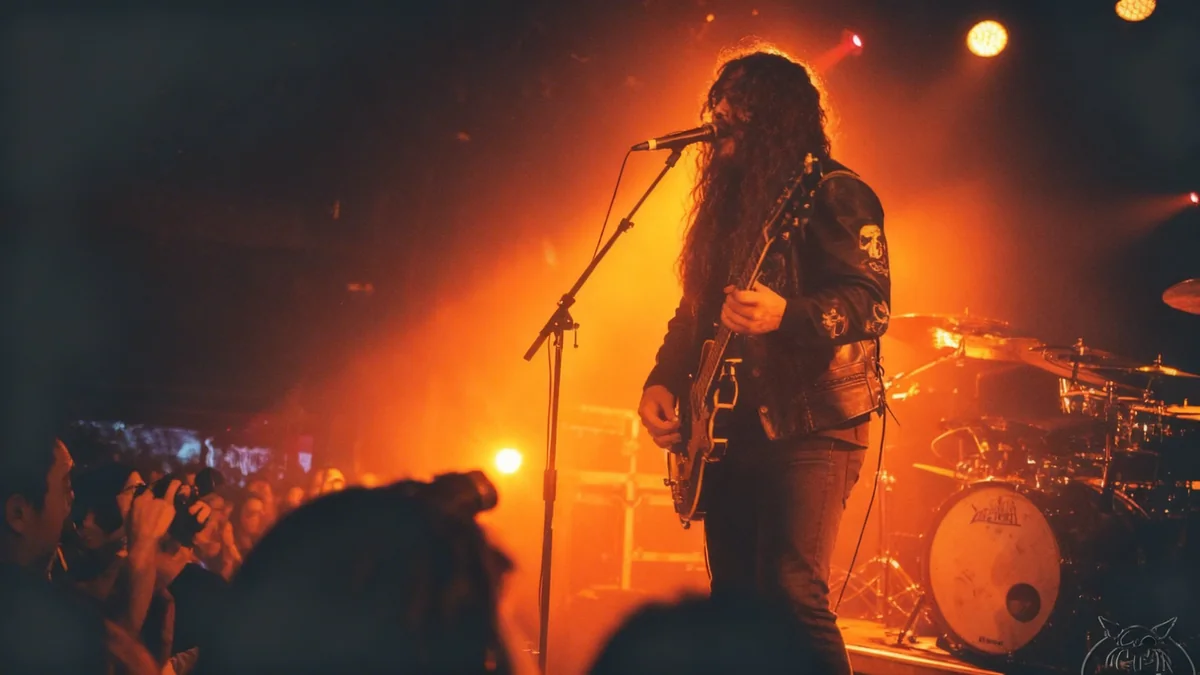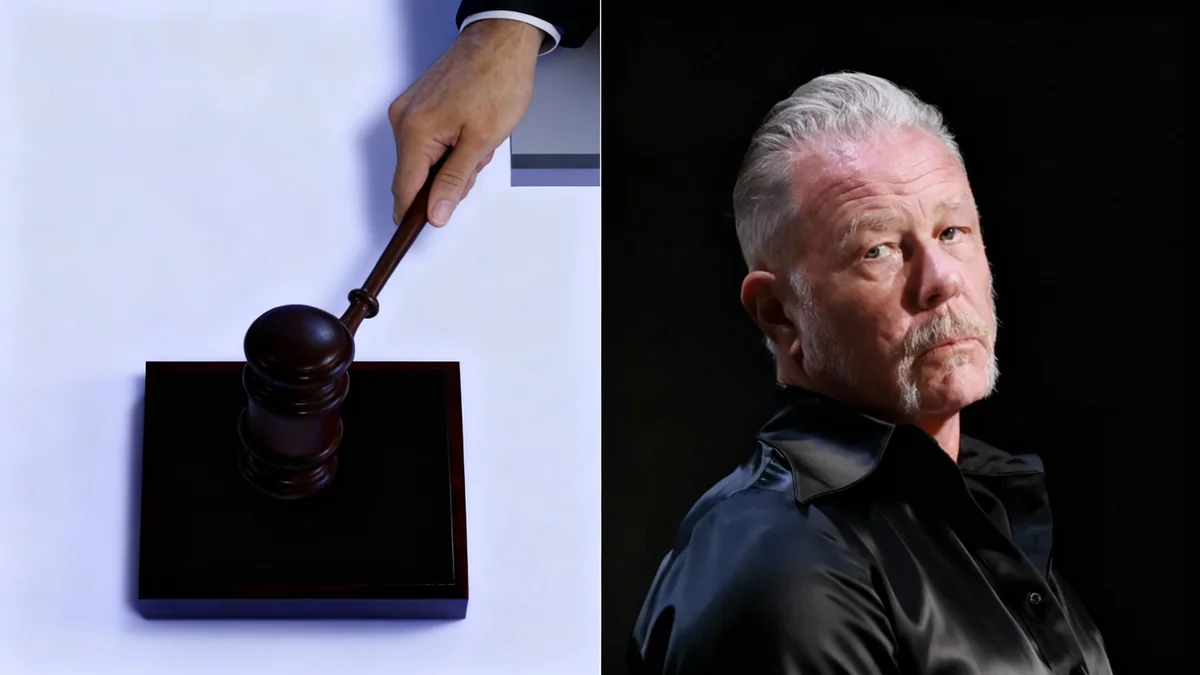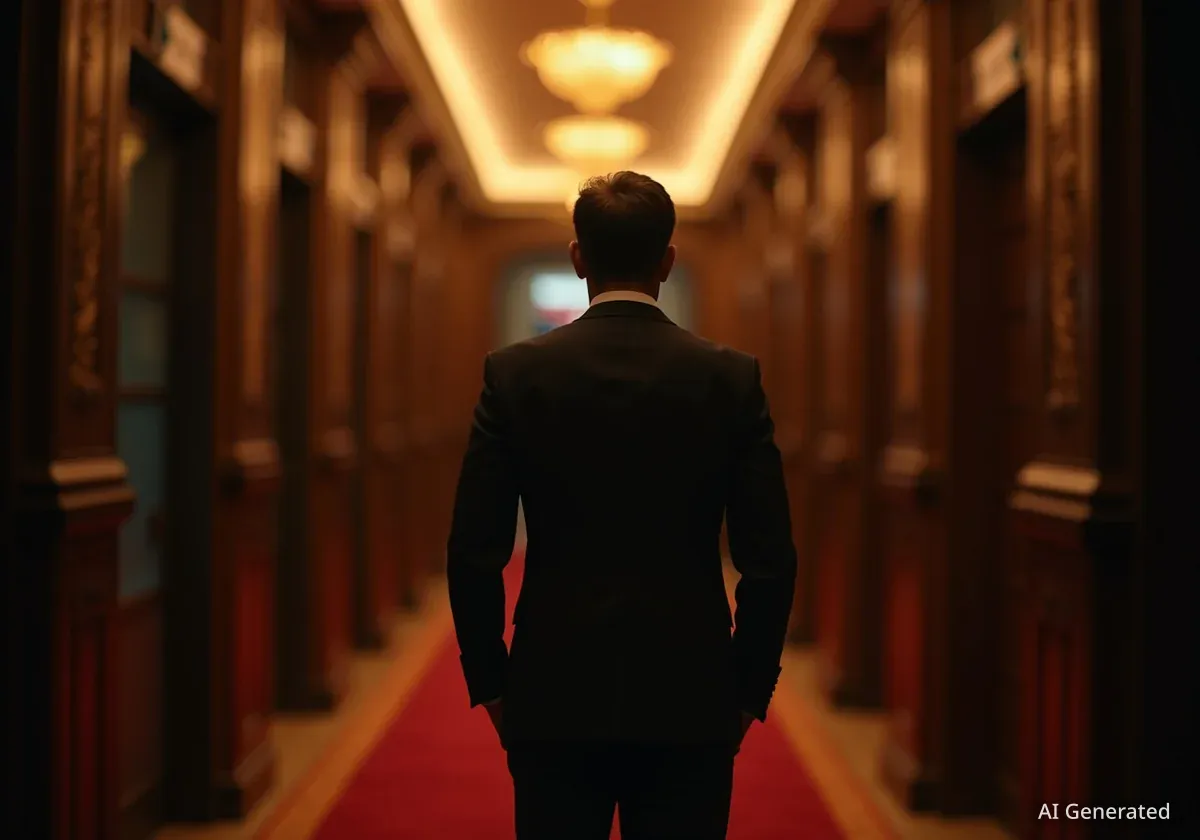Federal prosecutors have accused rapper Lil Durk, whose real name is Durk Banks, of possessing a prohibited Apple Watch while in custody and attempting to destroy it. This allegation was made in a court motion where the prosecution is requesting an anonymous jury for his upcoming trial, citing concerns about potential witness tampering.
The incident, which reportedly occurred in August 2025, is now a central point in the government's argument for increased security measures in the high-profile case. Banks is currently awaiting trial on charges of conspiracy to commit murder-for-hire.
Key Takeaways
- Prosecutors claim Lil Durk was found with an Apple Watch in custody in August 2025.
- He is accused of trying to destroy the device after it was discovered by officials.
- The government is using this incident to request an anonymous jury, citing witness tampering risks.
- Lil Durk's trial for conspiracy to commit murder-for-hire is scheduled for January 6, 2026.
- His defense team has filed a motion to dismiss the charges, calling them "impermissibly vague."
Prosecutors Detail Alleged Obstruction
In a formal motion filed with the court, prosecutors outlined the incident involving the electronic device. They claim that officials from the Bureau of Prisons (BOP) discovered the rapper with a cellular-capable Apple Watch late in August 2025.
The motion states that after being caught, Banks did not cooperate. Instead, he allegedly took actions to prevent authorities from examining the device. This has been framed by the prosecution as an act of obstruction.
"Even more troubling is Banks’ conduct after he was caught. Rather than accept responsibility for this violation, defendant allegedly obstructed the investigation attempting to damage and/or destroy the communications device," the prosecution's motion reads.
The government argues that possession of a communication device by an inmate is a serious breach of security. They suggest that such a device could be used to coordinate activities outside the facility, including intimidating witnesses involved in the case.
Push for an Anonymous Jury
The primary reason for revealing the Apple Watch incident is to support the prosecution's request for an anonymous jury. This measure, typically reserved for cases involving organized crime or significant threats, would shield the identities of the jurors from the public and the legal teams.
The government's legal team believes the alleged attempt to destroy a communication device demonstrates a willingness to subvert the legal process. They argue this behavior elevates the risk of witness tampering and jury intimidation, making an anonymous jury necessary for a fair trial.
What is an Anonymous Jury?
An anonymous jury is a group of jurors whose personal information, including names and addresses, is withheld from the public and the parties in a case. This procedure is used to protect jurors from potential harassment, threats, or improper influence, ensuring they can deliver a verdict based solely on the evidence presented in court.
If the judge grants this motion, it would be a significant development in the case, indicating the court acknowledges a potential threat to the integrity of the trial proceedings. The defense is expected to oppose this request.
Defense Challenges Vague Indictment
While prosecutors focus on the alleged jailhouse infraction, Lil Durk's legal team is actively challenging the foundation of the case itself. In a separate motion filed on Monday, his lawyers have asked a judge to dismiss the entire indictment, labeling it as overly broad and lacking specific details.
The defense argues that the charges are so unclear that they cannot prepare an adequate defense. They contend the prosecution has failed to provide essential information about the alleged murder-for-hire plot.
Core Allegations Against Lil Durk
Authorities arrested Lil Durk last year, charging him with conspiracy to commit murder-for-hire. The indictment alleges he arranged for the shooting of his rival, rapper Quando Rondo. The attack resulted in the death of Rondo's associate, Lul Pab, instead.
In their filing, Durk's lawyers listed several key questions that the indictment leaves unanswered:
- What specific sum of money was allegedly offered?
- How was the payment made (cash, wire transfer, check)?
- What were the "lucrative music opportunities" offered as part of the payment?
- Was a feature on a song part of the deal, and if so, which song?
"This indictment is impermissibly vague. It leaves the defense to guess as to the government’s theory of guilt, and it leaves the government free to change that theory as its cooperators’ stories morph over time to meet the demands of a conviction," the defense wrote, according to court documents.
Trial Date Set as Bail Remains Denied
Despite the ongoing legal maneuvers from both sides, the trial is currently scheduled to begin on January 6, 2026. Lil Durk, who has consistently denied all allegations against him, will remain in custody until then.
The rapper has made several attempts to secure release on bail since his arrest. However, each request has been denied by the presiding judge. The court has repeatedly cited concerns that Banks could be a potential flight risk if released from jail before his trial.
The case continues to draw significant attention, with both the prosecution and defense building their strategies for the upcoming legal battle. The judge's decisions on the motion for an anonymous jury and the motion to dismiss the indictment will be critical in shaping the course of the trial.
